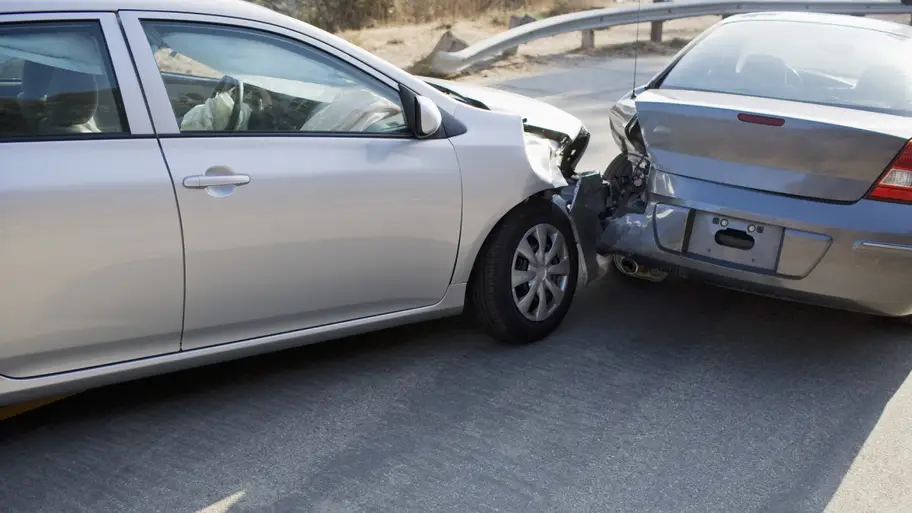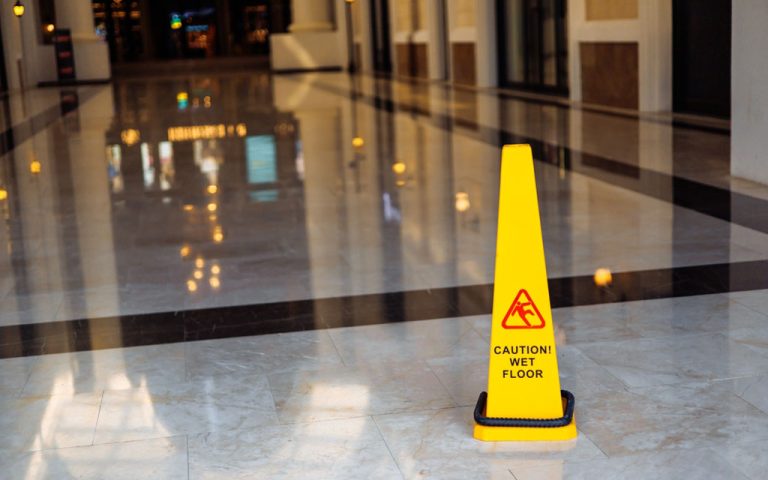Let’s say you just had a car accident in Las Vegas. Maybe it wasn’t your fault. Maybe you’re hurt. Or maybe the insurance company is already calling, and you’re not sure what to say.
You’re not alone. Accidents can bring up a lot of questions, especially about how to file a claim the right way. What are you supposed to do? How much time do you have? And who can you trust when insurance starts pushing for a quick settlement?
This guide walks you through the process clearly—no confusing legal talk, no pressure. Just what you need to know to protect yourself and handle your claim with confidence.
Hiring the Right Legal Help Matters
Filing a car accident claim isn’t always simple. If you’re facing injuries, expensive car repairs, or an insurance company that seems more interested in saving money than doing what’s fair, it might be time to bring in legal help.
The right attorney can take a big load off your shoulders. If you’re looking for a car accident attorney Las Vegas has plenty of experienced professionals who can help you navigate insurance claims, medical bills, and legal proceedings to ensure you get the compensation you deserve.
You don’t need to wait until things get bad. In fact, getting legal advice early can prevent small problems from turning into big ones. Even if you think your case is straightforward, it’s worth taking a few minutes to ask an attorney what your next step should be.
What to Do Right After the Crash
The first few hours after an accident are important. The things you do—or don’t do—can affect your claim later.
Start by making sure everyone is safe. Call 911, especially if someone is hurt or there’s a lot of damage. A police report can be one of the most important pieces of evidence in your case. Next, get medical care as soon as possible, even if you see no visible injuries. It’s better to get checked out and have records in case pain starts days afterward.
Swap contact and insurance details with the other driver. Take photos of the scene, both vehicles, any injuries, road signs, and anything else that might help explain what happened. Don’t admit fault, even if you’re unsure—just stick to the facts.
When you call your insurance company, keep it brief. Give them the basics, but don’t guess or offer opinions. It’s okay to say you’re still gathering information.
How the Claims Process Works in Las Vegas
Nevada is an at-fault state. That means the person who caused the accident is responsible for the damages. If someone else hits you, their insurance company is supposed to pay for your medical bills, car repairs, and other losses.
To start the process, you file a claim with the at-fault driver’s insurance provider. This is known as a third-party claim. You’ll need to give them evidence like the police report, medical records, repair estimates, and anything else that supports your case.
Once the claim is filed, the insurance company investigates. They might ask you questions, request documents, or even send someone to inspect the damage. If they agree their driver caused the crash, they’ll make a settlement offer.
That offer might not be fair. Sometimes, it’s much lower than what your claim is actually worth. That’s one reason many people choose to work with an attorney—to avoid settling for less than they deserve.
What Insurance Companies Don’t Say Out Loud
Insurance adjusters sound friendly. They’re trained to be helpful, patient, and supportive. But they also work for the insurance company—not for you.
Their job is to protect the company’s bottom line. That means getting claims closed fast and paying out as little as possible. They might offer you a quick settlement, hoping you’ll take it before realizing how much you really need. Or they might ask for a recorded statement and use your words against you later.
You’re not required to give a recorded statement. You’re also not required to accept the first offer. It’s okay to ask questions, take time to think or tell them you’ll get back to them after speaking with a lawyer.
A good attorney can deal with adjusters directly, review offers, and make sure you don’t get taken advantage of.
The Clock Is Ticking: Know the Deadlines
You don’t have forever to file your claim. In Nevada, the deadline for personal injury claims is two years from the date of the accident. If you miss that window, you could lose your right to compensation—no matter how strong your case is.
That might sound like plenty of time, but delays happen. Medical treatments take months. Insurance back-and-forth can drag on. Evidence can get lost or harder to collect as time passes.
Starting the claims process early is always a good idea. It gives you time to gather what you need and gives your lawyer time to build a strong case if it comes to that.
Mistakes That Can Hurt Your Claim
Even small mistakes can hurt your case or delay your payment. Here are a few things to avoid:
- Skipping medical care. If you don’t see a doctor, it’s harder to prove you were hurt.
- Talking too much at the scene. Stick to facts. Don’t admit fault or guess what happened.
- Posting online. Insurance companies sometimes check social media. A single post can work against you.
- Signing anything too soon. Once you settle, you usually can’t reopen your claim—even if costs go up.
- Waiting too long. The sooner you start, the better your chances of getting a fair outcome.
Filing a car accident claim can feel like a lot to handle. But it doesn’t have to be. Knowing your rights, understanding how the system works, and getting the right help when needed makes all the difference. If you’re dealing with injuries, bills, or insurance pushback, don’t try to do it all yourself. A qualified attorney can take the stress off your plate and help you move forward.
You don’t need to be an expert to get what you deserve—you just need to know where to turn. And in Las Vegas, the right legal support can make that process faster, simpler, and more fair.
Articles published under the Editorial Desk byline may include material from various sources and are reviewed internally to ensure clarity, factual consistency, and compliance with the site’s editorial standards. Content is published for general informational purposes only and follows applicable content and publishing guidelines




